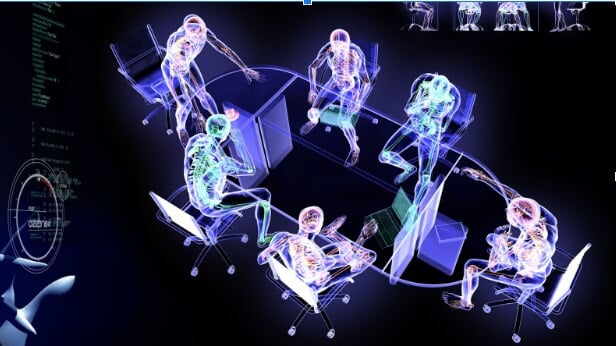Investing in a Green IoT Future
The world stands at a critical juncture when our collective decision on how to utilize technology will have far-reaching consequences on the environment. As a digital transformation expert who has seen and contributed to the rise of the internet, the explosion of mobile technology, and the advent of the Internet of Things (IoT), it is my heartfelt belief that we should steer this ship towards a greener tomorrow.
Unleashing the Potential of Smart City Infrastructure
The Internet of Things can reshape our cities and contribute significantly to carbon reduction. Globally, efforts are being intensified to design and implement smart city initiatives that can curb carbon production and emissions. By leveraging IoT technology, traffic patterns can be observed in real-time, paving the way for identifying and mitigating congestion. The city’s lighting system is another major area that can benefit from the IoT revolution. A vivid illustration of this is the Lighting Up Aberdeen project, where a high-tech IoT solution was employed to remotely manage and monitor more than 37,000 street lighting units. The result was a marked decrease in carbon output and a substantial reduction in electricity consumption.
Transforming Industrial Processes with IoT
The industrial sector holds immense potential for carbon reduction with the integration of IoT technology. The ability to connect and monitor all elements of the production line, including machinery and processes, paves the way for heightened energy efficiency. IoT-powered analytics can detect under-performing machines and optimize their settings, leading to decreased energy usage and reduced carbon emissions. Furthermore, IoT sensors can minimize waste and optimize resource use by alerting factories when supplies are dwindling.
In the Comfort of Energy Efficient Smart Homes
One of the major beneficiaries of IoT technology has been the household sector. IoT-driven smart home products such as Amazon’s Alexa or Google’s Nest have become ubiquitous. As of today, nearly 57.4 million households in the United States have adopted smart home devices. With their ability to regulate thermostats, manage lighting, and control appliances, these devices contribute significantly to energy efficiency.
Spreading Green Transformation to Developing Nations
The power of IoT to positively influence carbon reduction is particularly relevant in developing countries. This technology can be utilized to monitor environmental parameters and implement necessary changes to reduce the carbon footprint. Moreover, smart meters can regulate water supplies, ensuring less wastage and improved water management.
Conservation Efforts Augmented by Automation
IoT technology has also been instrumental in aiding conservation efforts in agriculture. Automated irrigation systems, powered by IoT, can optimize water use based on soil moisture levels detected by sensors. This not only reduces the water requirement but also ensures optimal irrigation. The ability to monitor and detect pests helps in reducing the use of pesticides, thereby decreasing the environmental impact.
An Optimistic Vision for the Future
Ultimately, when technology marries nature in a successful alliance, the world stands to gain significantly. Imagine cities where traffic and lighting are optimally managed, industries operating at maximum energy efficiency, households enjoying reduced utility bills due to smart devices, and developing countries reaping the benefits of environmental monitoring and improved water management. This is not a distant dream, but a tangible future, made possible by the marvel of IoT.
As we step into this future, let us remember that the power of change does not merely lie in technology but in our collective resolve to use it responsibly. As an old Indian saying goes, “We do not inherit the earth from our ancestors; we borrow it from our children.”
So let us leverage the Internet of Things and digital transformation to hand over a greener, cleaner, and sustainable world to our children. Because after all, a “greener” world is a “greater” world!







